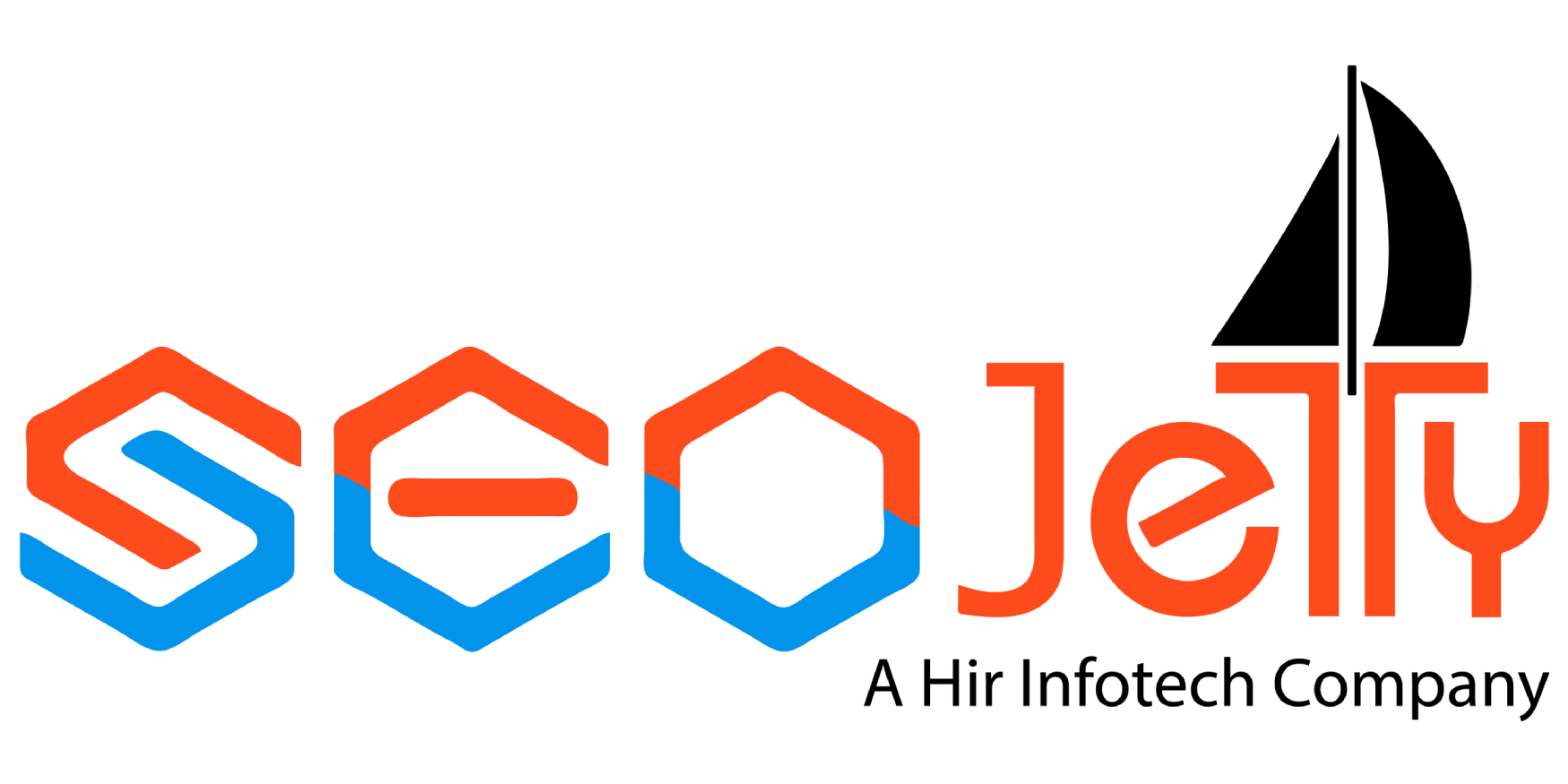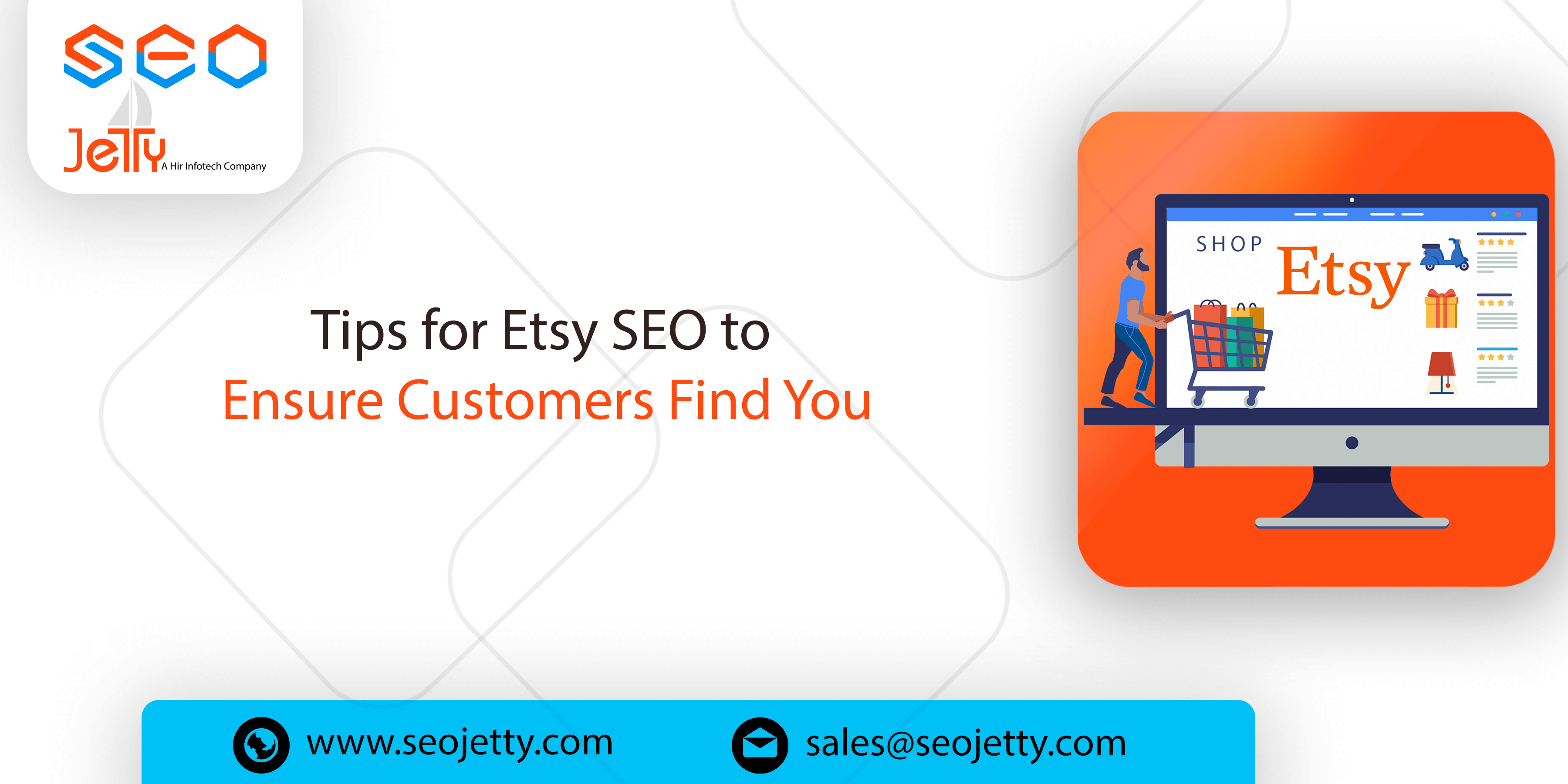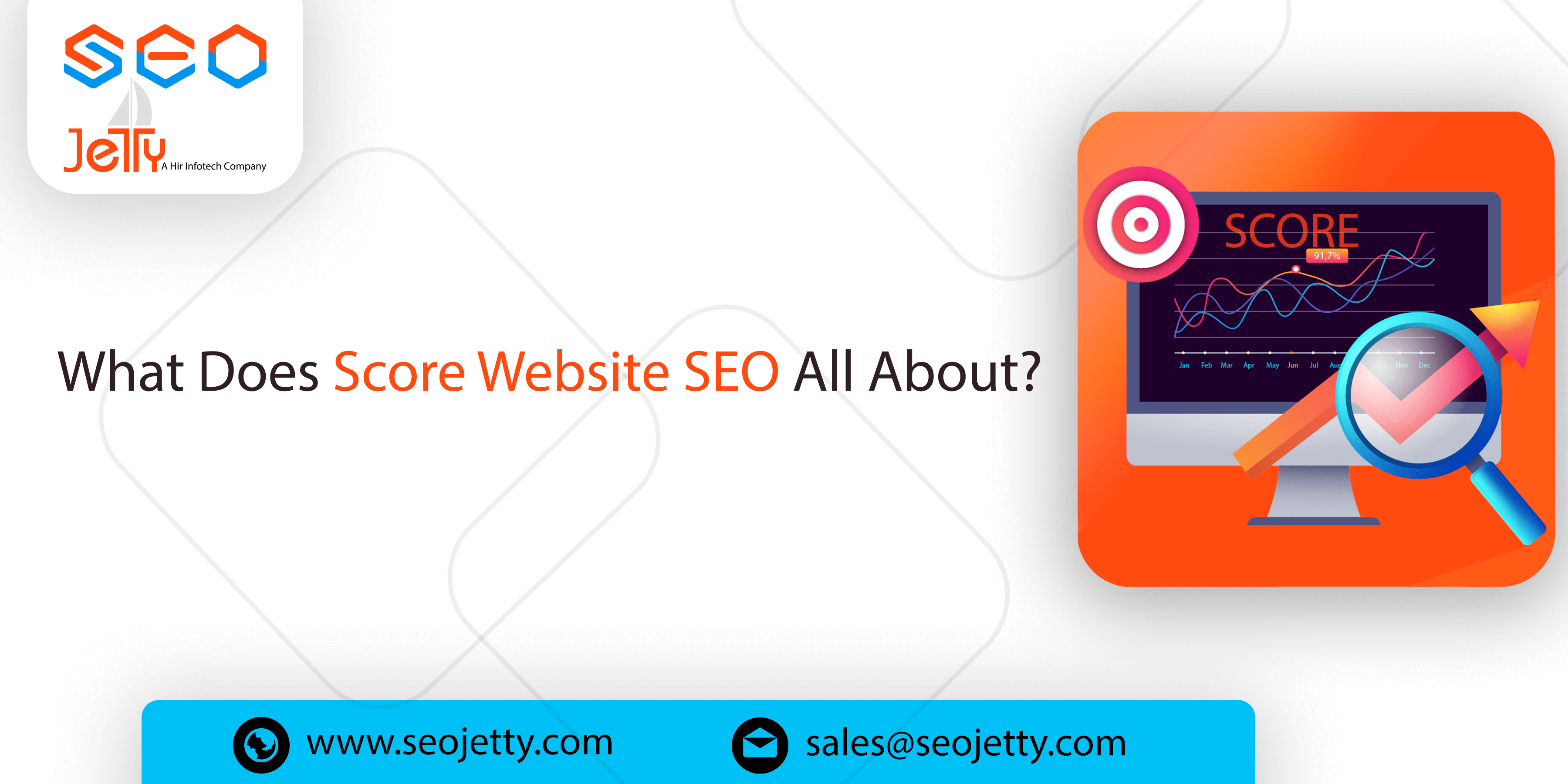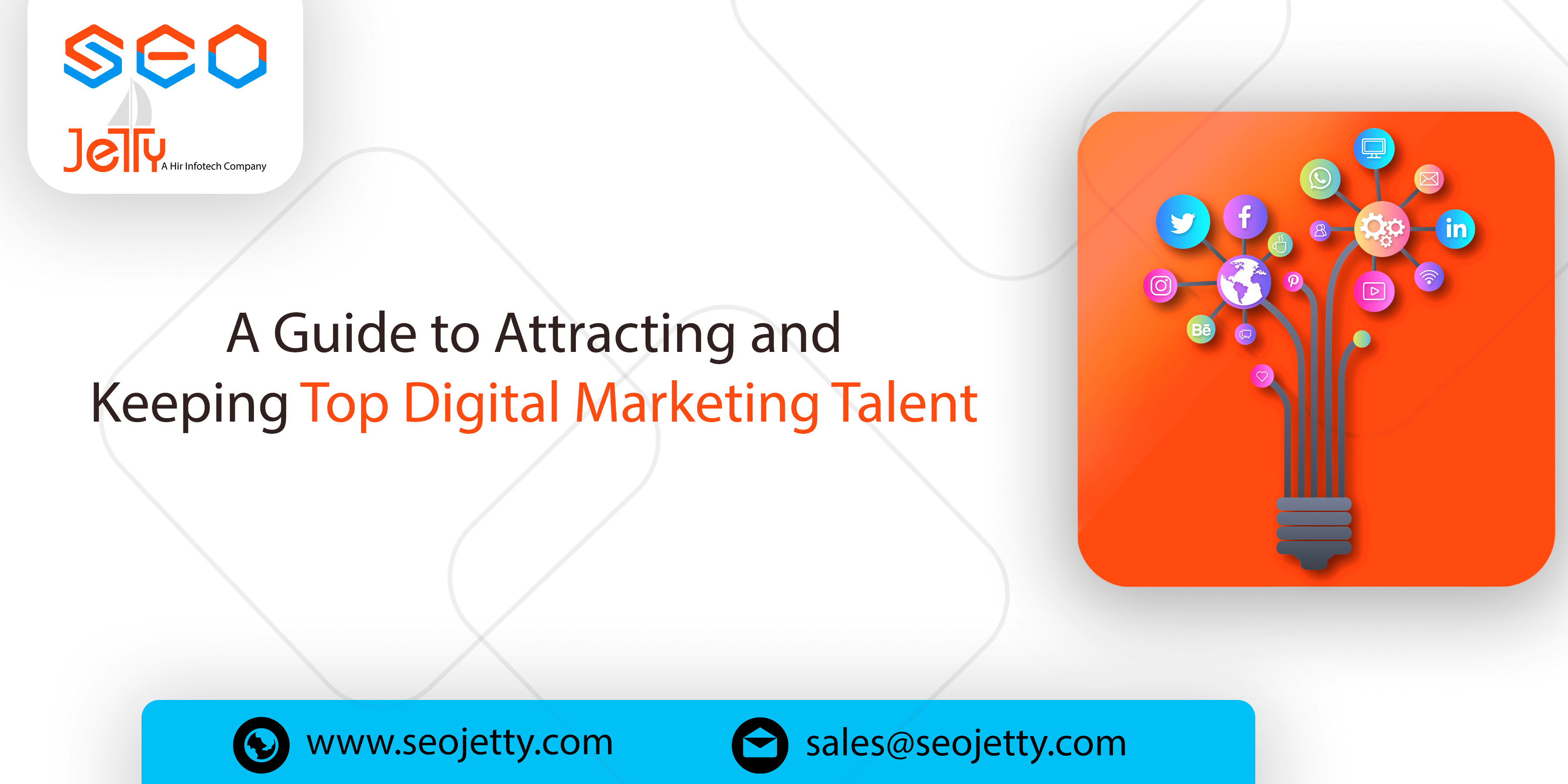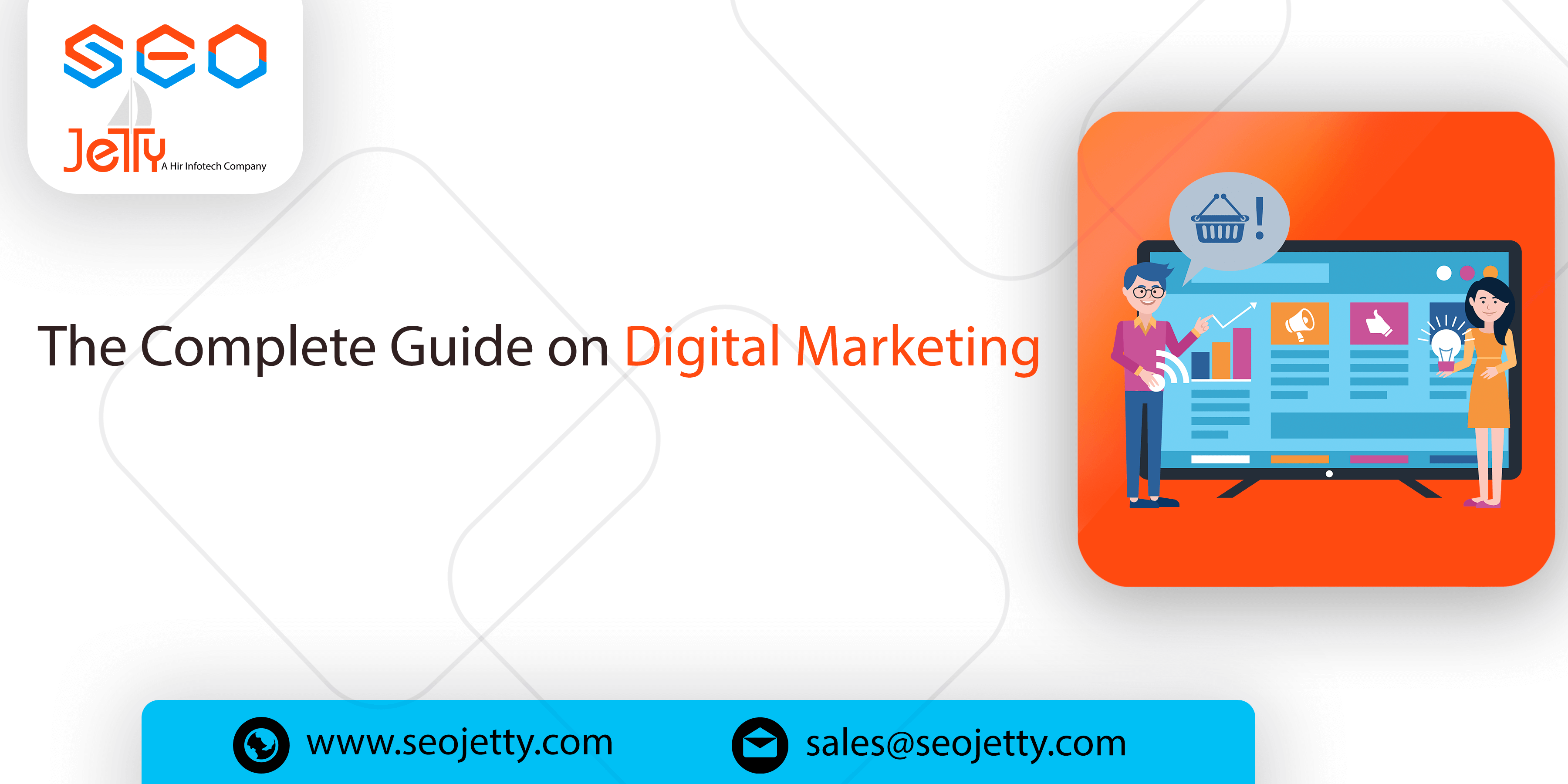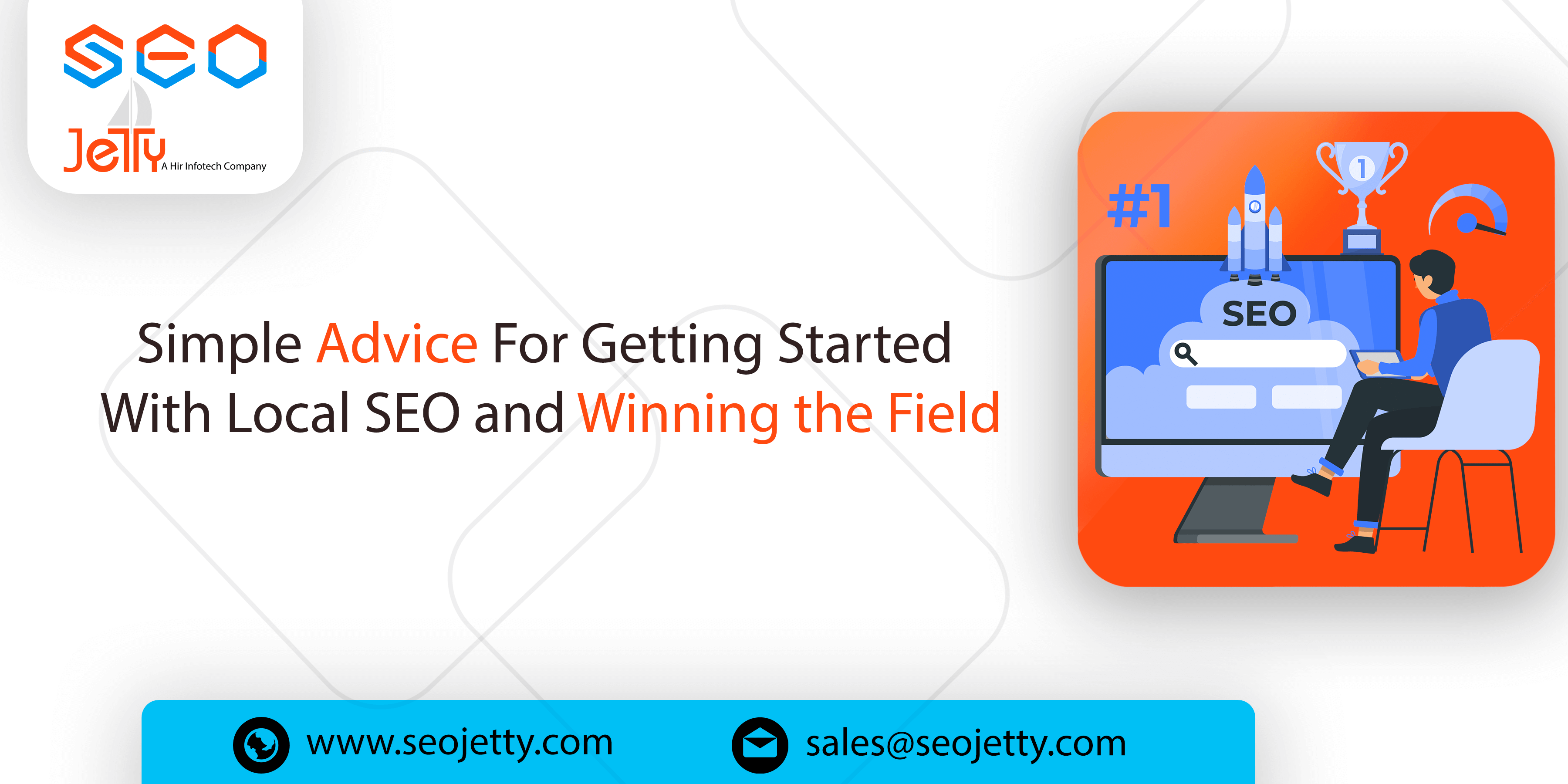
The term “digital marketing” refers to a wide range of activities and processes, such as search engine optimization (SEO), blog authorship, distribution methods, and financial planning. To design your own digital marketing plan and to maximize advertising using online channels, including search engines, your websites, social media, email, and mobile apps, we’ll assist you in understanding the key ideas behind digital marketing.
What is Digital marketing?
Digital marketing, usually called online marketing, uses the internet and other digital media to distribute advertisements to connect brands with potential customers.
- Search engine
- Social media
- Sending texts
- Apps for mobile
- Websites
- Internet-based marketing
Digital marketing refers to any marketing effort that utilizes any of the online media outlets that were previously listed.
Most of the product research done by modern consumers takes place online. 77% of all customers, according to research, research a brand online before connecting. While 51% of consumers state that they conduct Google product research before making a purchase.
What are the benefits of utilizing digital marketing?
New consumer engagement tactics can be implemented thanks to the use of digital marketing strategies, which also give marketers useful information about the behavior of their target markets.
Companies can also anticipate a rise in retention. Companies with effective multichannel customer interaction strategies keep an average of 89% of their customers, claiming a survey. In contrast, companies with poor omnichannel strategies only have a 33% retention rate.
Digital marketing is still developing. For example, the growing number of wearable technologies that customers can buy gives marketers new ways to reach them. Experts say that search engine optimization (SEO) will be made better for video content, and email marketing will become even more personalized. In the B2B area, social media will also become more conversational.
B2B and B2C marketing contrasts
You’ve certainly heard of B2B and B2C, but are you familiar with the distinctions between the two? Because business-to-business (B2B) and business-to-consumer (B2C) interactions are distinct from one another, it is essential that your marketing efforts be adapted to meet the specific needs of each segment.
Messages and language
B2C is concentrated on interacting with other businesses and doing business with them, as opposed to marketing to consumers and customers.
With B2B marketing, for instance, you’re more likely to concentrate on messages to inform your potential prospects with professional language and industry jargon – you may be straightforward and formal. B2C marketing may focus on customer acquisition, brand awareness, and storytelling.
Decision-making
Yet another important distinction is the process used to make judgments. With B2C, a customer could swiftly decide to buy from you. Naturally, with digital marketing, you must first earn their trust.
However, choices are frequently made by a single person, especially in the retail sale of goods like clothing or kitchenware. Things can become more challenging with more expensive expenditures, including trips. The purchasing procedure is, however, quicker and easier.
A company may need to persuade several stakeholders when using B2B marketing; for example, you can sell building materials to major construction firms directly while competing with other service providers.
The most important things, in the end, are knowing your target demographic and modifying your marketing plan accordingly.
Digital marketing advantages
Digital marketing may assist you in understanding your audience, providing measurements, and building your marketing team’s trust. Digital marketing benefits:
1. Learn your audience
Digital marketing is ideal for audience engagement. You can test offers and communications and learn their peak website times. If you have a social media strategy—which you should—you can establish relationships faster and easier. Listen to your audience to gain credibility and stand out from the competition.
2. It’s affordable
Digital marketing is inexpensive. Less overhead. Using a templated system or a custom build, you may construct a sleek, professional website for a low cost. Social networking accounts are free, and email newsletter providers are affordable. Digital marketing is affordable for small enterprises.
3. Market to everyone, anyplace
Digital marketing offers massive reach. As easily as placing a newspaper ad, you may reach people in numerous time zones worldwide (easier, in fact). You may increase your market and business in ways that seemed unimaginable previously.
4. Digital marketing is versatile
Digital marketing lets you move quickly. Test tactics, evaluate results, and try something new the following month or week. No need to wait weeks for campaign results—get real-time data to inform your business decisions.
Frequently asked questions:
What kind of digital marketing does AirBnB employ?
When visitors check in to the Airbnb website to browse the city they want to visit but don’t make a reservation, Airbnb employs email marketing tactics to target them and persuade them to make a reservation. Users are drawn to and pay attention to the customized email caption.
Which four sorts of digital marketing are there?
SEO, PPC, social media, content, email, mobile, marketing analytics, and affiliate marketing are the main categories of digital marketing.
What does social marketing mean?
Social marketing is the practice of developing programs to modify or maintain people’s behaviors for the benefit of both the individual and society.
